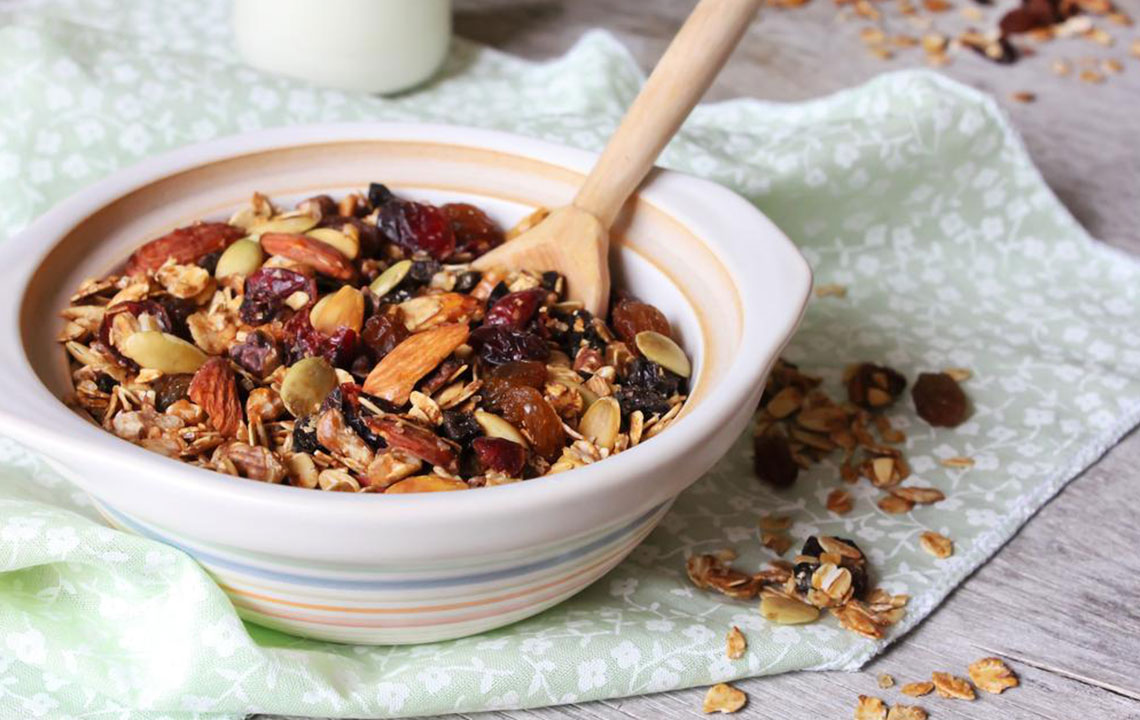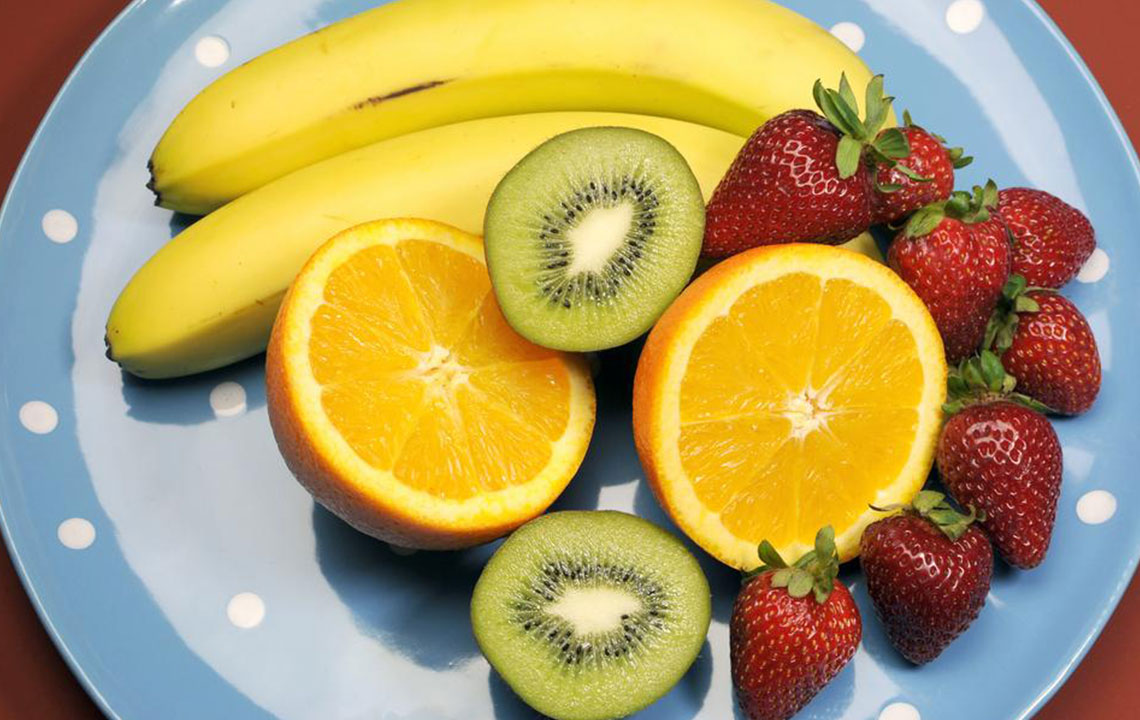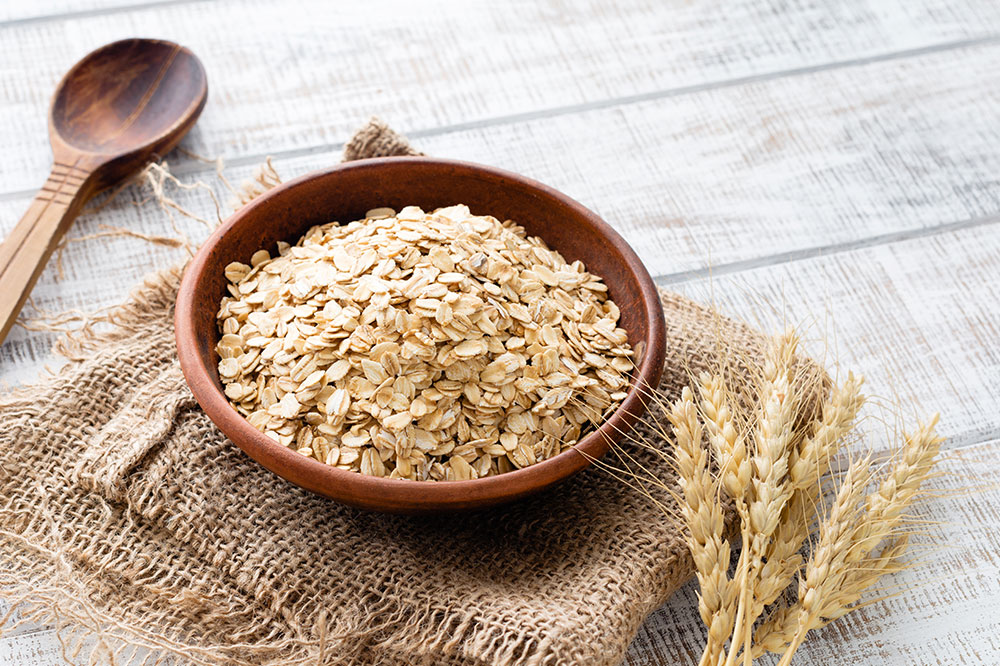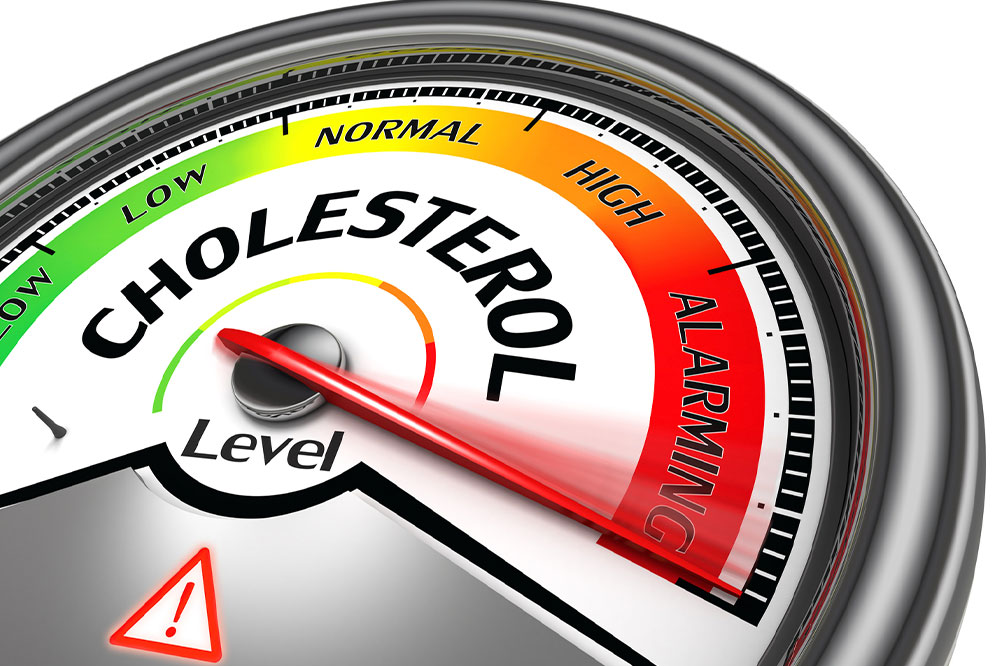Managing Cholesterol Through Diet: Foods to Eat and Avoid
Learn how to manage cholesterol effectively through diet, including foods to incorporate and avoid for optimal heart health. Discover practical tips to lower LDL and boost HDL levels, supporting a healthier lifestyle and reducing cardiovascular risk.

Managing Cholesterol Levels with the Right Diet
Understanding Good and Bad Cholesterol
HDL cholesterol, known as good cholesterol, helps remove LDL cholesterol from the bloodstream by transporting it to the liver to be processed and eliminated. Higher HDL levels benefit heart health, so consuming foods that boost HDL is recommended.
LDL cholesterol, or bad cholesterol, contributes to plaque formation within arteries, increasing the risk of blockages and heart attacks. Limiting foods that raise LDL is vital to maintaining cardiovascular health.
Foods to Limit or Avoid
Certain foods significantly raise LDL cholesterol levels and should be minimized or avoided:
Saturated Fats - Found in red meats like beef, pork, lamb, and poultry with skin, saturated fats elevate LDL cholesterol. Limit intake of these foods, along with butter, cream, cheese, and full-fat dairy products.
Trans Fats - Present in hydrogenated oils, processed snacks, baked goods like pastries, cookies, and doughnuts. These fats are highly detrimental and should be completely avoided.
Excess Salt - High salt intake can raise blood pressure and strain the heart. Processed foods, canned goods, and fast foods are often high in salt; consume in moderation.
Sugar - Overconsumption of sugar increases blood glucose and weight gain, raising cardiovascular risk. Limit sweets, candies, soda, ice cream, and baked goods with added sugars. Use fresh fruits as healthier options.
Junk Food - Fried foods, fast food, and heavily processed snacks contain high levels of unhealthy fats, salt, and sugar. Reducing or eliminating junk food can improve cholesterol levels.
Foods to Incorporate
Increasing intake of specific foods can boost HDL (good cholesterol) and support overall heart health:
High-Fiber Foods - Nuts, legumes, seeds, whole grains like oats, barley, and quinoa, fruits (especially with skins), and vegetables such as broccoli and Brussels sprouts help lower LDL cholesterol.
Herbs and Spices - Turmeric, garlic (raw), ginger, oregano, mint, and cinnamon add flavor and may help reduce bad cholesterol levels.
Eggs - Consumption of eggs, particularly 1-3 daily, can increase HDL cholesterol while providing vital nutrients.
Fruits and Vegetables - Choose nutrient-rich options like avocados, berries, carrots, tomatoes, onions, grapes, and citrus fruits to support heart health.
Whole Grains - Incorporate oats, brown rice, whole wheat bread, and quinoa for better heart health and weight management.
Healthy Fats - Use natural oils like olive, canola, and sunflower oil; include fatty fish like salmon, sardines, and trout for omega-3 benefits.
Maintaining cholesterol balance requires a healthy diet combined with stress management and regular physical activity. These lifestyle choices are vital for reducing heart disease risk.
Important Note:
Our blog offers valuable insights across various health topics. While our research provides useful information, it should not replace professional medical advice. Readers are encouraged to consult healthcare professionals for personalized guidance. The website’s content may not reflect the latest research or all available options, and we disclaim responsibility for any discrepancies.










